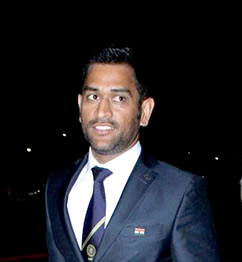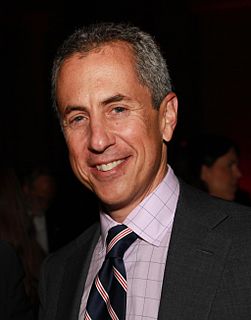A Quote by Ronnie Screwvala
When something becomes a business, 50% of your decisions are what you have to do and not what you want to do.
Related Quotes
You may earn whatever money you earn as a cricketer, but you want to play for your country. At the end of the day, you want to do something special. There are plenty of people who earn 50 crores or 100 crores as businessmen or big professionals or who are really doing well in business. But what gives pleasure to your mom and dad is the fame.
You can be obsessed with makeup and hair products and, you know, your appearance and still be absolutely making smart life decisions and work on your smarts, develop your smarts by studying something like math. Then you'll make much better decisions on the brands of clothing that you buy or whatever it is that you want.
Part of making good decisions in business is recognizing the poor decisions you've made and why they were poor. I've made lots of mistakes. I'm going to make more. It's the name of the game. You don't want to expect perfection in yourself. You want to strive to do your best. It's too demanding to expect perfection in yourself.
You have to do things right to stay in business, and that's not easy, and that's a choice on a daily basis, the choices you make in how to run your business and how to have a point of differentiation and how to be true to your brand, how to offer something that people want and to offer something that you love.


































